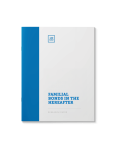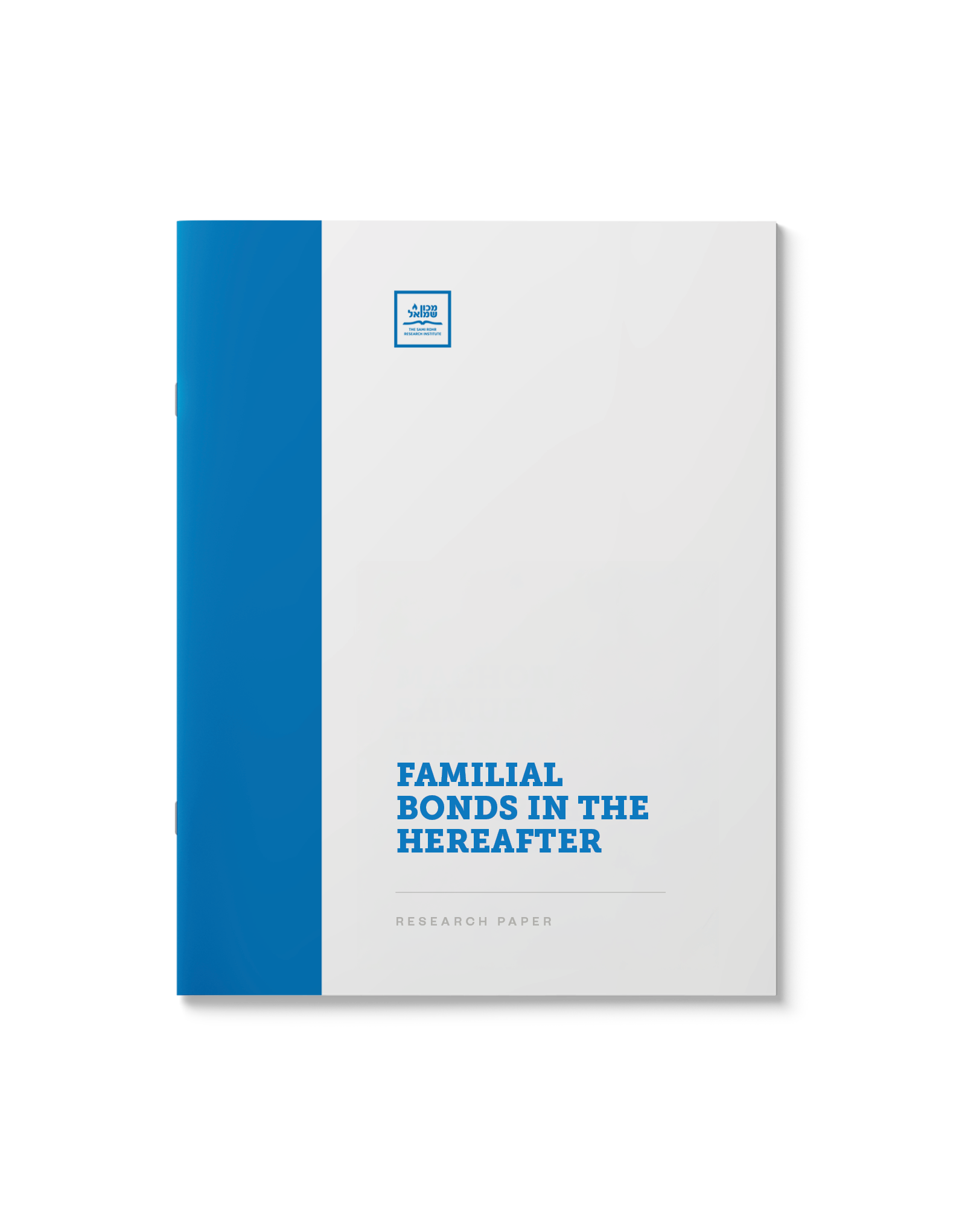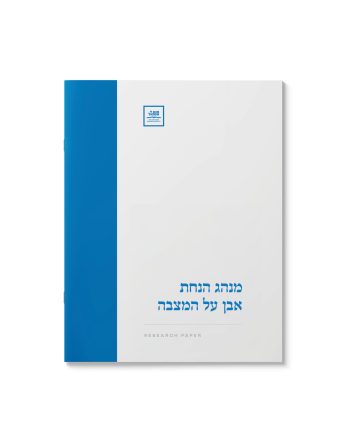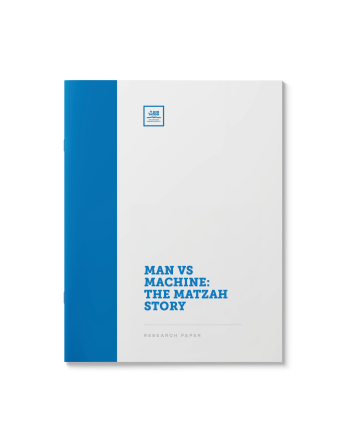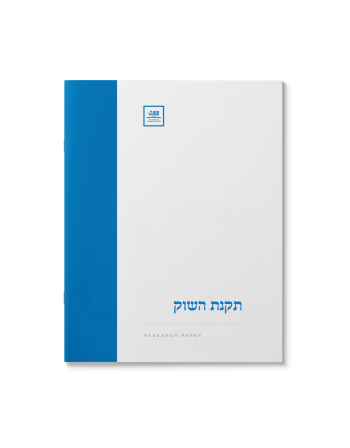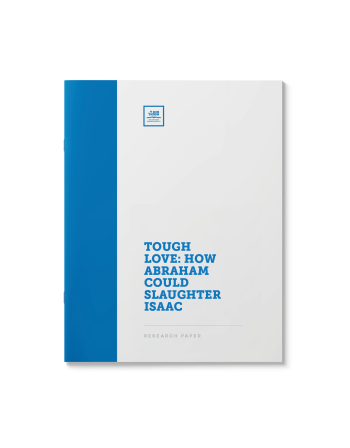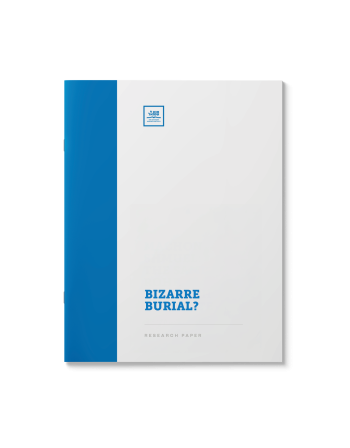Familial Bonds in the Hereafter
$39.00
“Either way, they are My children” [Talmud].
Blood is thicker than water, they say. The bonds of family are the anchor of an emotionally and spiritually healthy life. But what happens to these relationships after one passes on? Do we “meet again on the other side”? Do families stick together in the hereafter? What about teachers and their pupils? Is this contingent on whether the two are buried in close proximity?
Do the souls of the departed maintain a relationship with those left behind? Do they relate to and empathize with the trivialities of our corporeal existence? Does prayer at their grave-site invoke merit on their behalf?
| Language | English |
|---|---|
| Paper Type | Research Paper |
| Pages | 19 |
Related Products
Without question, our prize possessions are the children we raise, and it is they who remain our legacy after we depart from the world.
Traditionally, children pledge funds to tzedakah and perform other good deeds in the merit of their deceased parents and loved ones.
What are the legal and philosophical arguments in defense of the idea that the deceased may enjoy the merits accrued by the good deeds of others? What if the individual was less-than righteous? Can the tzedakah by community members benefit their soul as well? What makes Yom Kippur a most propitious day to pledge tzedakah for the deceased?
מנהג ישראל קדום להניח אבן על מצבת הקבר כשמבקרים בבית החיים. לפנינו סקירה כוללת על מקור המנהג וטעמו. הקיצו ורננו שוכני עפר.
לא טוב היות האדם לבדו. סקירה על דבר משמעות טובת האדם והתועלת שנוצרה על ידי בריאת האשה, על דרך הפשטני והמדרשי. עזר כנגדו.
מנהג העולם לברך את החתן והכלה בברכת ׳מזל טוב׳ תיכף אחר שבירת הכוס תחת החופה. אלא שיש וקראו תגר על מנהג זה מחד, ויש שיישבו את המנהג מאידך. מזל טוב?
Guidance from contemporary Poskim on the permissibility of contraception. Reviewed by a Moreh Hora’ah.
This paper examines the elaborate rituals of taharas hameis. Why is the body laid on the floor during the process? Why are earthenware shards placed on the eyes of the deceased? Why is earth from the land of Israel scattered over the body?
׳שפטרני מעונש הלזה׳ – ביטוי נדיר ותמוה. לפנינו סקירה כוללת על מקור מנהג אמירת הברכה בעת עלית הבר מצוה, טעמו וביאורו.
Ancient Jewish sources indicate that Jews would bury their dead twice. What was the reason for this?
Why reducing the sanctuary of the soul to a pound of ashes is an unforgivable sin.
Were Jews historically buried in their own cemeteries? Why may
gentiles not be buried in a Jewish cemetery? This paper includes a review of a
number of ancient Jewish cemeteries around the world.
Emulating G-d’s example, we are encouraged to visit and tend to the sick. Our presence is assured by the Talmud as having the power to heal a portion of the patient’s suffering. Does Halacha provide guidelines for the visitor in the performance of this mitzva?
Prayer, too, is an integral part of this mitzvah. What particular prayers should be said for their recovery? What about assisting the individual in the recitation of prayers during their final moments?
Missing persons raise
tough questions. How long must we wait before they are presumed dead? What is
the mourning process? And may the missing person’s spouse ever remarry?


